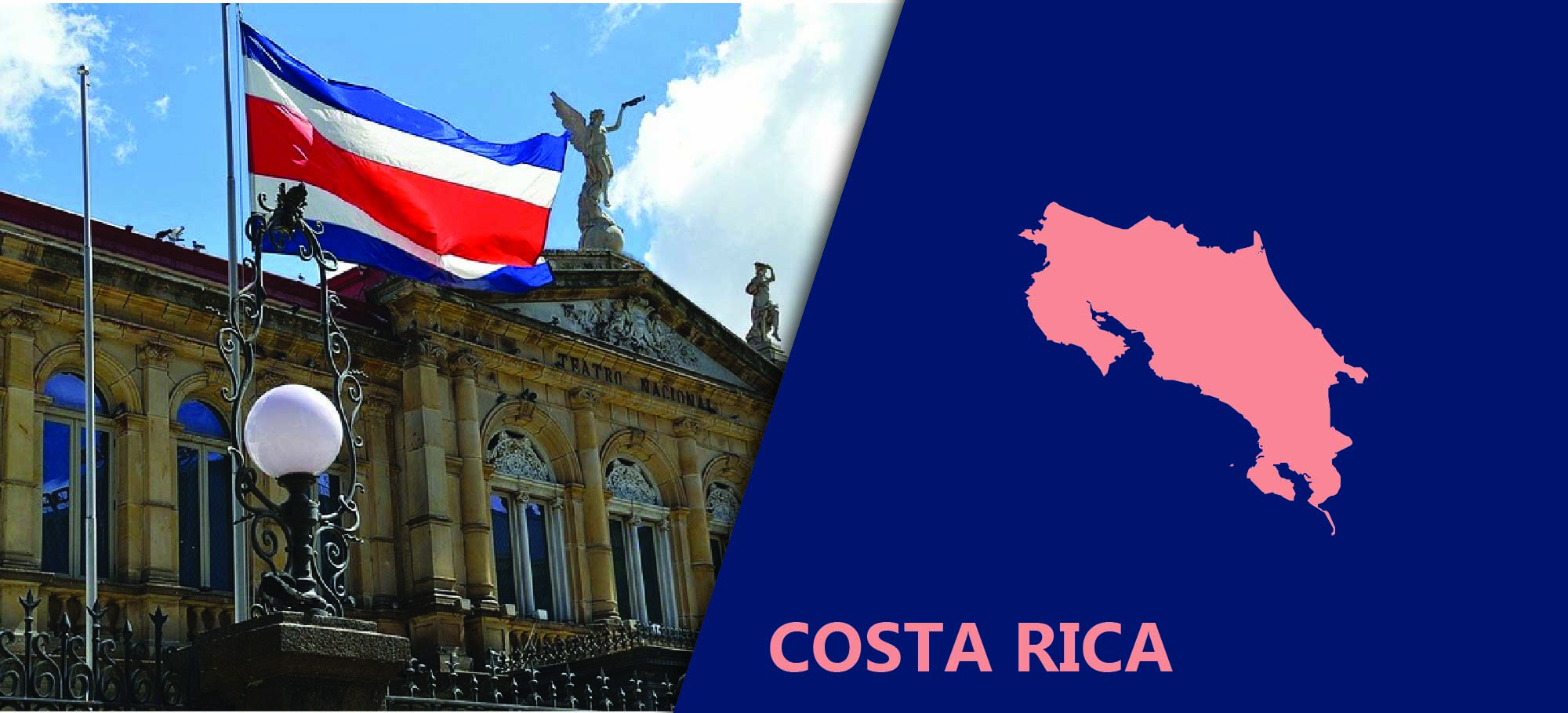
List of Relevant Laws Impacting Free Speech (Costa Rica) (2015-2022)
Costa Rica. Law No. 10.235, Law to prevent, attend, sanction and eradicate violence against women in politics. This law was sanctioned by the Legislative Assembly of Costa Rica on May 3, 2022. According to its first article, the law aims to prevent, address, sanction, and eradicate violence against women in politics as a discriminatory practice based on gender, which is contrary to the effective exercise of women’s political rights.
Costa Rica. Law No. 10.178. Law that regulates the use of the national flags and coat of arms.This law, enacted on April 25, 2022 by the Legislative Assembly of Costa Rica, aims to regulate the characteristics and use of the pabellón, the bandera and coat of arms. The regulation is divided into five chapters. The first deals with the bandera, the second with the coat of arms, and the third with the pabellón. The fourth chapter establishes the possibility of imposing sanctions on the person in charge of ensuring compliance with the law under review for failure to do so, and the fifth establishes some final provisions of the law.
Costa Rica. Law No. 9808. Law to provide legal security on strikes and their procedures. The Law to Provide Legal Security on Strikes and their Procedures was enacted on January 21, 2020. It introduces reforms to the Labor Code of Costa Rica, Law No. 8687 on Judicial Notifications, and Law No. 8, also known as the Organic Law of the Judiciary. The statement of reasons of the bill establishes that the law aims to ensure the continuity of public services, especially those essential to the population. The law imposes various direct and indirect restrictions on the rights of unions and their members to exercise their rights to association, freedom of peaceful assembly, and expression through the exercise of their labor rights, particularly the right to strike.
Costa Rica. Draft Law No. 23.184. Governance of digital services and electronic commerce.This Bill No. 23,184 presented in Costa Rica aims, according to its Article 1, to promote innovation, inclusion, economic growth, and competitiveness in the digital markets. It seeks to effectively protect consumers, guarantee their fundamental rights in relation to digital services, and increase their decision-making capabilities and autonomy in the online environment. Additionally, it establishes a framework of transparency and accountability for online platforms. This Bill shares significant similarities with the European Union Digital Services Act (DSA), which was approved on July 5, 2022. It suffered relevant changes throughout the legislative process so far as a result of critics from civil society actors.
